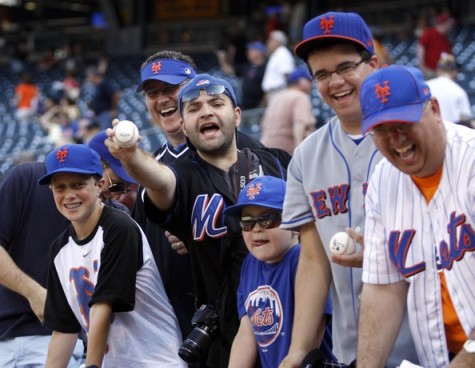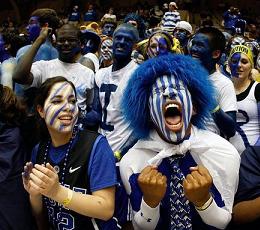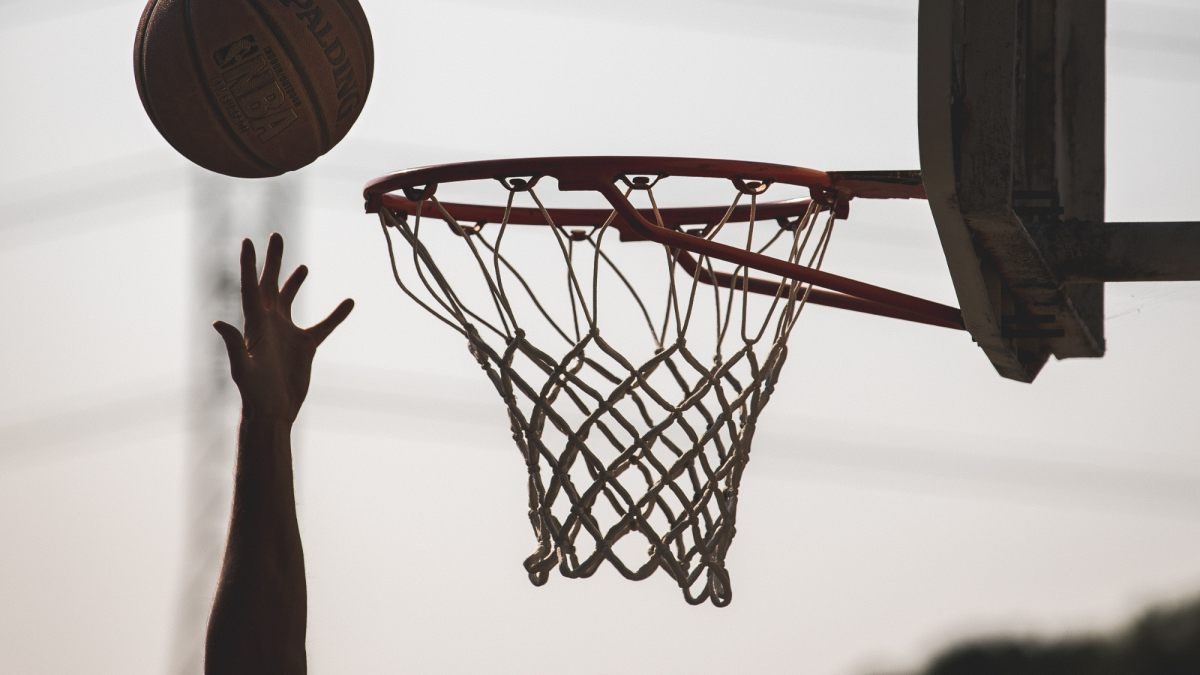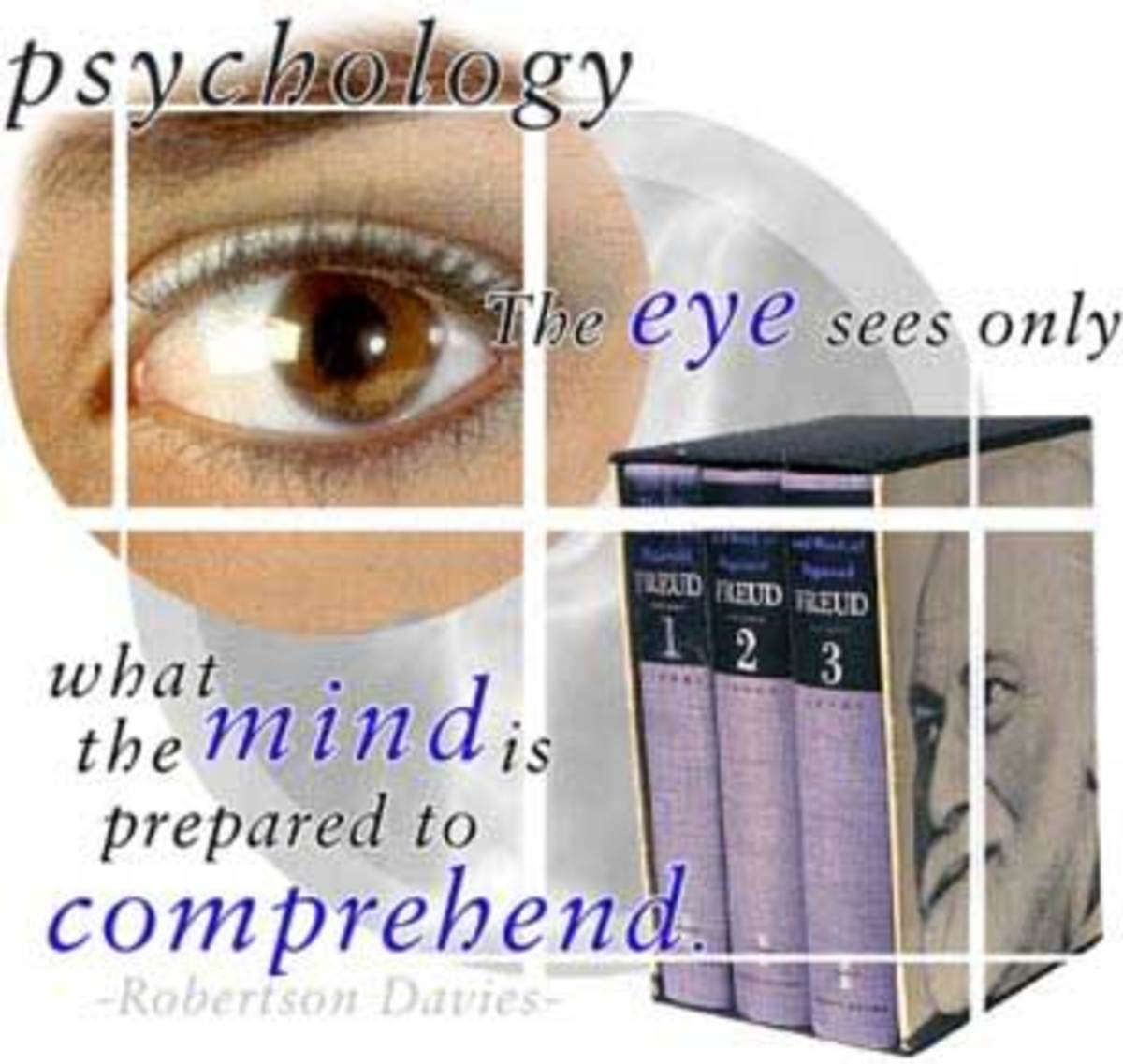The Psychology Query Edition 10: Why Are We Sports Fans?

This edition of the Psychology Query focuses on sports related questions. These have come in over the past several months and I have collected them until I had enough to fill an edition.
Many of the questions were similar so I chose three that seemed to represent most of what people were asking. The questions seemed to largely be centered around why we become sports fans and the pros and cons of being a fan. I hope you enjoy this installment of The Psychology Query. Here’s wishing all of you who have favorite teams luck in their matches and hoping that you get all the joy you can from watching them play. Thanks for stopping by. As always, I value your presence, your questions, comments and feedback. Please leave questions for me either in the comments or message me and I will do my best to get to them in a timely manner.

Questions and Answers
Question:
I’ve always wondered what causes people to go nuts over their home sports teams. Even when they are losing teams, it seems that people are undying loyal to the teams that play where they live. They may lose some fans when there are a number of losing seasons in a row but for the most part it seems that fans stick by their teams. Is there any psychological reason for this?
Answer:
For some time now, social psychology research has demonstrated what has been called in-group out-group bias. Essentially, we tend to identify with members of what we consider to be the in-group, in this case our team and our team’s fans. We tend to reject or dislike the members of what we see as the out-group, or opposing teams and their fans. We are often on a high when our team wins and research has even shown that our self-esteem rises and fall with our teams wins and loses. Our relationship to the in-group and out-group also explains the heated nature of sports rivalries.
Additionally, being a sports fan makes us part of a community. Social support has been shown to buffer against the effects of all types of life stress and to make us happier and healthier. In general, community lifts our spirits and our mood. Other types of communities are often limited to specific people such as those who follow a certain religion or who attend a certain college. Associating with a sports team gives us access to a community that is open to everyone.and provides us with a sense of belonging.
There is also evidence that claiming a team as your own and supporting them has real mental health benefits. Being a fan has been associated with a sense of well-being, happiness, satisfaction with one’s social life and lower levels of loneliness and alienation. Noticing the positive effects that come from feeling associated with a team also makes us thankful to them, another reason we become so fiercely loyal.

Question:
I keep seeing people at sports games getting crazy excited when their team is winning. They jump up and down, scream and wave their arms in the air. I have to admit, being a native Chicagoan, last season when the Cubs won the world series, I went pretty crazy myself. Why do people get so excited when their teams are winning? Is it some sort of identification thing? Can you get too excited at a sports event? Can getting overexcited lead to a heart attack?
Answer:
Watching some sports fans could certainly convince you that they might get so over excited that overexcited that they could drop from a heart attack any minute. Research has shown that fans watching a hockey match either on TV or in person displayed increases in heart rates by about 92 percent. This is equivalent to what is seen during moderate to vigorous exercise. The heart rates of those in the arena also remained higher than the moderate activity threshold for 72 minutes and above the vigorous exercise threshold for 13 minutes, which is far longer than what is found for people exercising normally.
This indicates the possibility that the emotional stress-induced response of viewing exciting sports might be able to trigger negative cardiovascular events. In fact, this is what prior research suggests. For example, studies have shown that the rates of cardiovascular events like heart attacks and strokes among fans rise by as much as 50 percent on game days. These events increase even more when the home team is eliminated.
While these circumstances are concerning, examinations into this relationship have clarified the findings somewhat. It seems possible that only people who are at risk for cardiovascular problems or those who have a history of such problems are susceptible to the negative influence of extreme sports related excitement. Regardless, many health practitioners have recommended warning at risk patients about these findings and instructing them to immediately seek medical care if any symptoms should occur. They also recommend having defibrillators at sporting events along with trained medical personnel who can administer emergency care should the need arise.
Interestingly, others advise against avoiding sporting events even if you are one of those who gets extremely excited during high tension moments in the game. They say that watching sports for many people contributes to their quality of life. They believe that trying to avoid all potential negative health related triggers is the same as avoiding parts of life itself.

Question:
Is there really such a thing as athletes choking under pressure? If so, when and why do they do this? Is it just that the pressure overwhelms them?
Answer:
Many people think that athletes choking under pressure is a matter of them just getting overwhelmed by nervousness and thoughts about how much their next action matters. Then the thoughts lead to increased nervousness and the person spirals out of control. There could be some truth to this.
Often when playing a team sport, even though individual players have the responsibility of carrying the ball or puck and then attempting to score, these actions are relatively short lived and the action is constant. This means that the crowd’s attention is only focused on an individual player for short periods of time. The attention constantly switches from one athlete to another.
When there is a special scoring opportunity such as a free throw in basketball or a penalty shot in hockey, the action has come to a stop and everyone, players included, is focusing attention on that one player. It is not unusual that the player has such thoughts such as, “This could be the winning shot,” “If I lose the gamer for our team, everyone will hate me and I might get dropped,” or “It could all come down to this.” This leads to the player feeling nervous.
Additionally, though the play comes to a halt during such penalty shots, the player’s heart rate is still up. We know that our brain interprets physiological symptoms that are associated with feeling nervous as anxiety. When we are anxious, our heart rate speeds up. So subconsciously, the player’s brain will interpret the increased heart rate as anxiety. This will be combined with the anxiety producing thoughts and resulting real anxiety, resulting in what may be experienced as overwhelming nervousness. Whereas low to moderate levels of anxiety are motivating and can help us perform well, extreme anxiety tends to shut us down, impeding our ability to perform well.
There is also another explanation for player who seem to choke under pressure, Research by psychologist Roy Baumeister and others shows that athletes can “choke” under pressure because they think too much about the action they are about to perform. Athletes are also disciplined to focus and concentrate even when there is a lot of crowd noise and action on the playing field. This focus combined with overthinking an action can get in the way of what would otherwise be an automatic behavior such as shooting a free throw.








